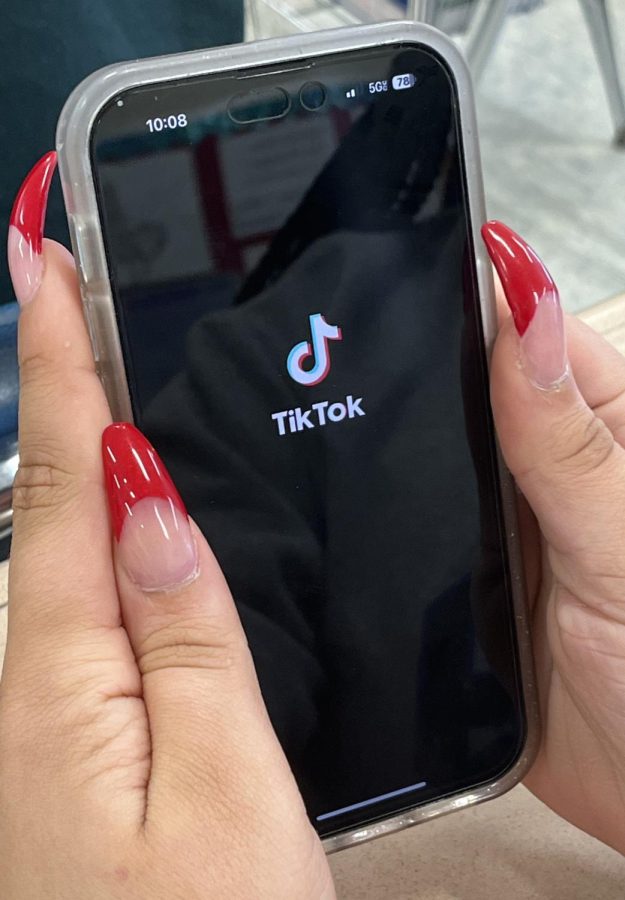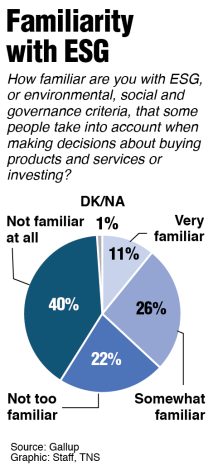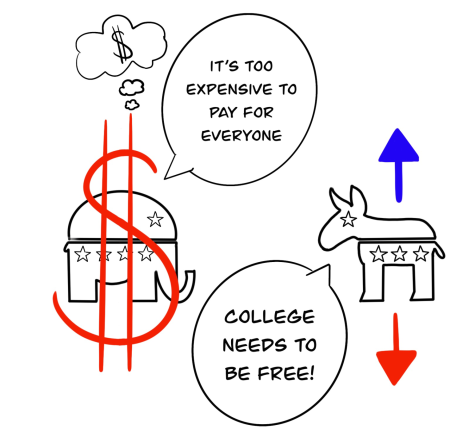Why the U.S. Shouldn’t Ban TikTok
TikTok has grown to become one of the most popular social media apps in the world, with more than 150 million American users creating and sharing short videos each day. In the past few months, however, the app has unfairly come under scrutiny due to the U.S. Government expressing concerns about data privacy and national security.
Many politicians and government officials have called for TikTok to be banned in the United States, but this would be a dire mistake. Banning TikTok would be a violation of free speech and expression.
The Electronic Frontier Foundation (EFF), a nonprofit watchdog monitoring civil liberties in the digital world, states, “If the government banned TikTok, it would undermine the free speech and association of millions of users. It would also intrude on TikTok’s interest in disseminating its users’ videos—just as bookstores have a right to sell books written by others, and newspapers have a right to publish someone else’s opinion.”
EFF’s strong argument falls under the U.S. Constitution’s First Amendment rights to freedom of speech and expression. Banning TikTok is a direct violation of this fundamental right.
Many companies and businesses make tons of money off TikTok through marketing and advertising. Government officials clamping down on TikTok would strain some of these companies.
“Banning the app completely could interrupt this booming industry and affect the supply chain of jobs that come with it, potentially adding even more collateral damage to an already fragile American economy,” according to the personal-finance website GOBankingRates.
A TikTok ban would impact the beloved music industry the most. Many artists gain popularity and profit from TikTok, and banning the app would take that away.
“Some artists post clips from their full-length songs on TikTok to promote them and steer fans to Spotify and other streaming services as well as to vinyl purchases,” notes national business magazine Forbes.
Many people who use TikTok have definitely found some of their favorite music artists through this app. Banning it would be a total blow to these fans.
Another respected national business magazine, Fortune, warns that “a ban on TikTok would limit the ability of recruitment businesses to reach potential candidates through the platform.”
This is especially true considering how versatile the app is. It doesn’t help that the U.S. has been struggling with employment rates recently, so this would be a further detriment to the economy.
Talk of banning TikTok is a missed opportunity at addressing what should be the actual concerns about national security and data privacy, especially in view of the United States’ relations with the government of China. Even if a ban is enacted, TikTok, owned by a Chinese technology company, and other world adversaries could still gain access to America’s personal data.
Instead, America should work with TikTok’s developers to create new regulations and make sure the app isn’t used for nefarious purposes.
There are most certainly valid concerns about whether TikTok is safe or not. Those concerns range from its data privacy policies to cybernet security, but the U.S. also has to take into account the broader impacts of banning the platform.
If the U.S. Government does decide to ban TikTok, it should be done carefully, while fully understanding the consequences it brings for businesses, creators, the users themselves and the economy.











